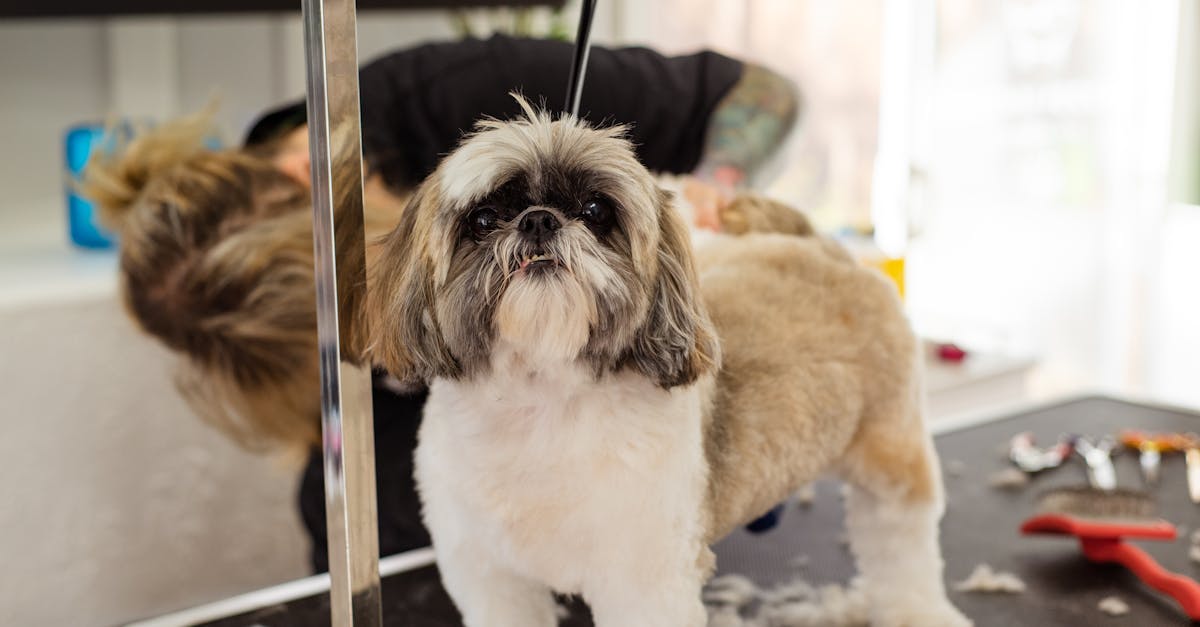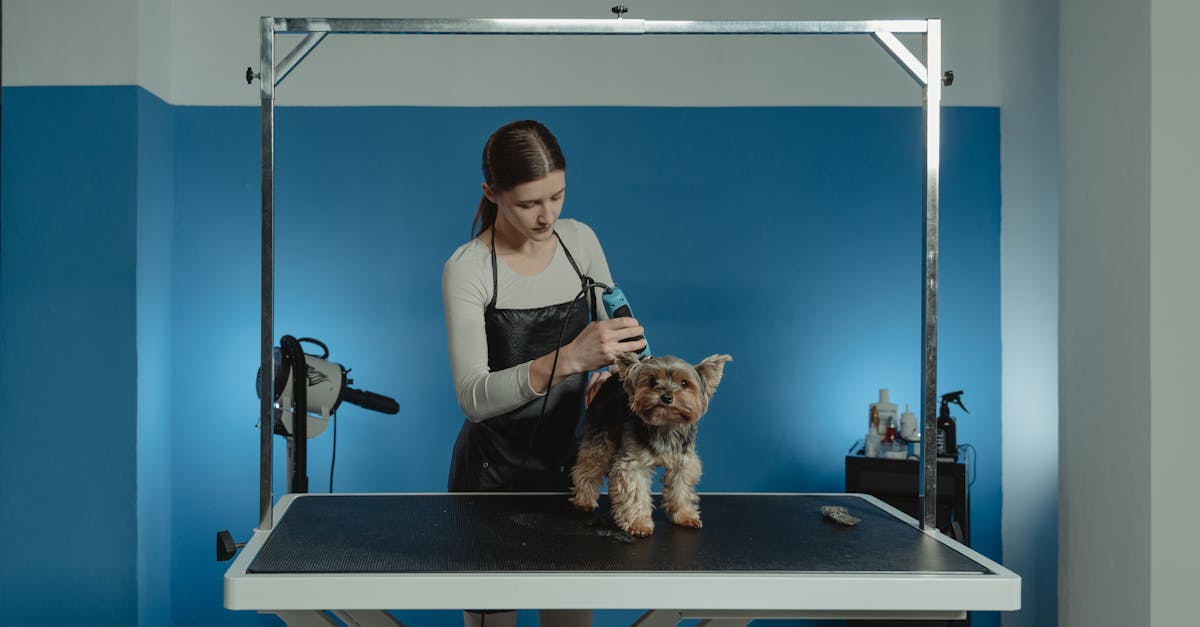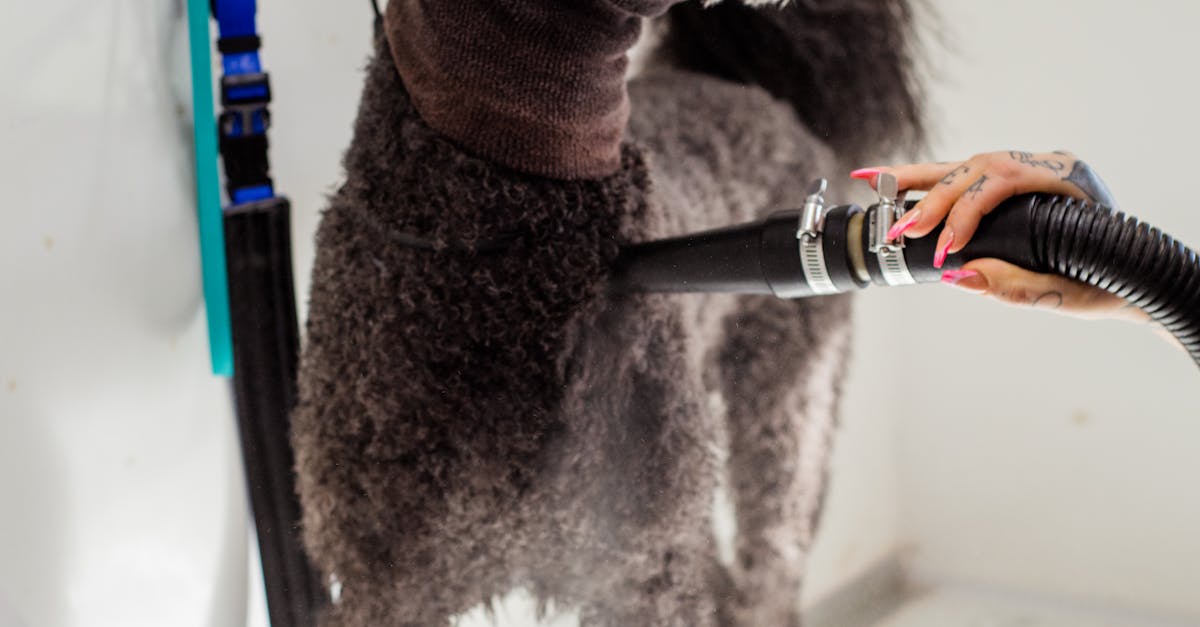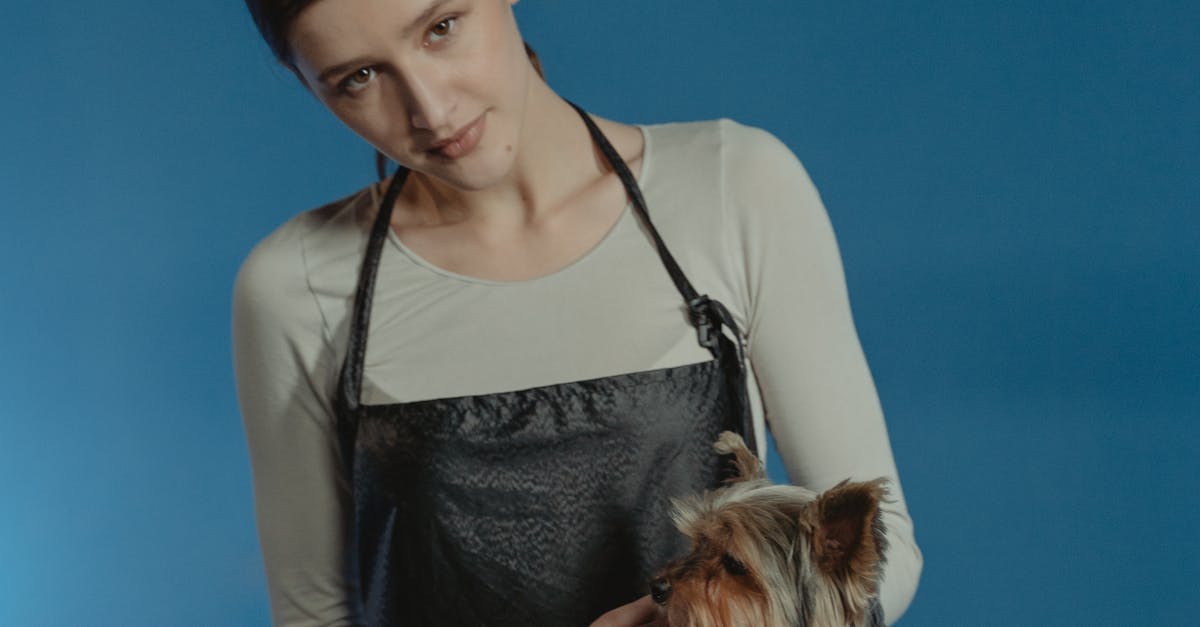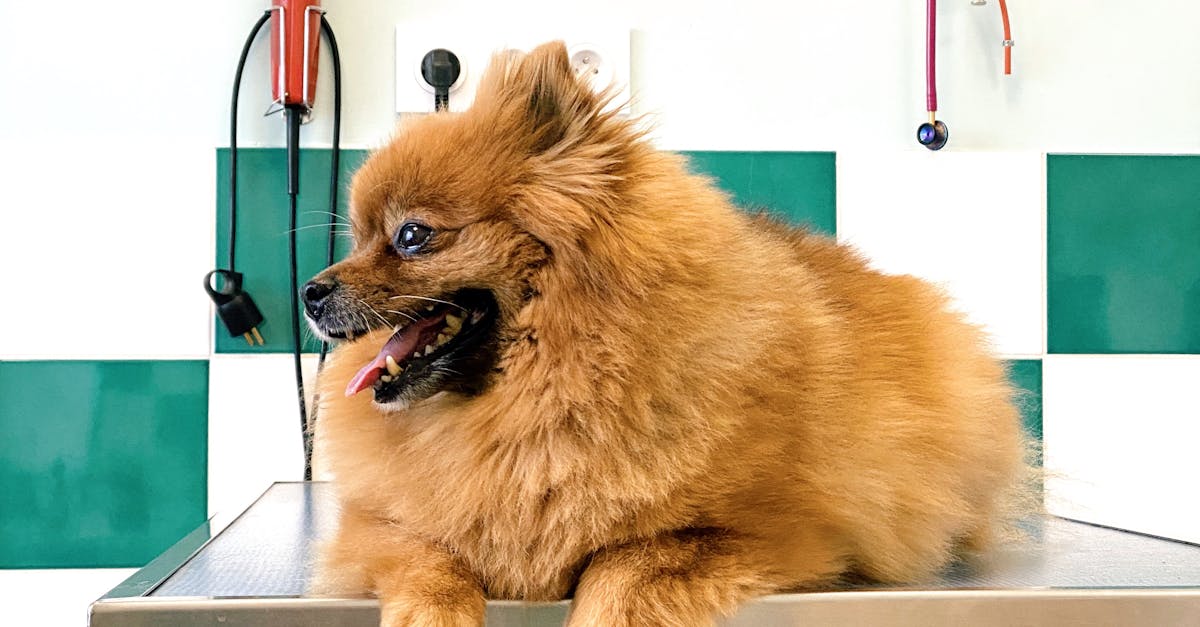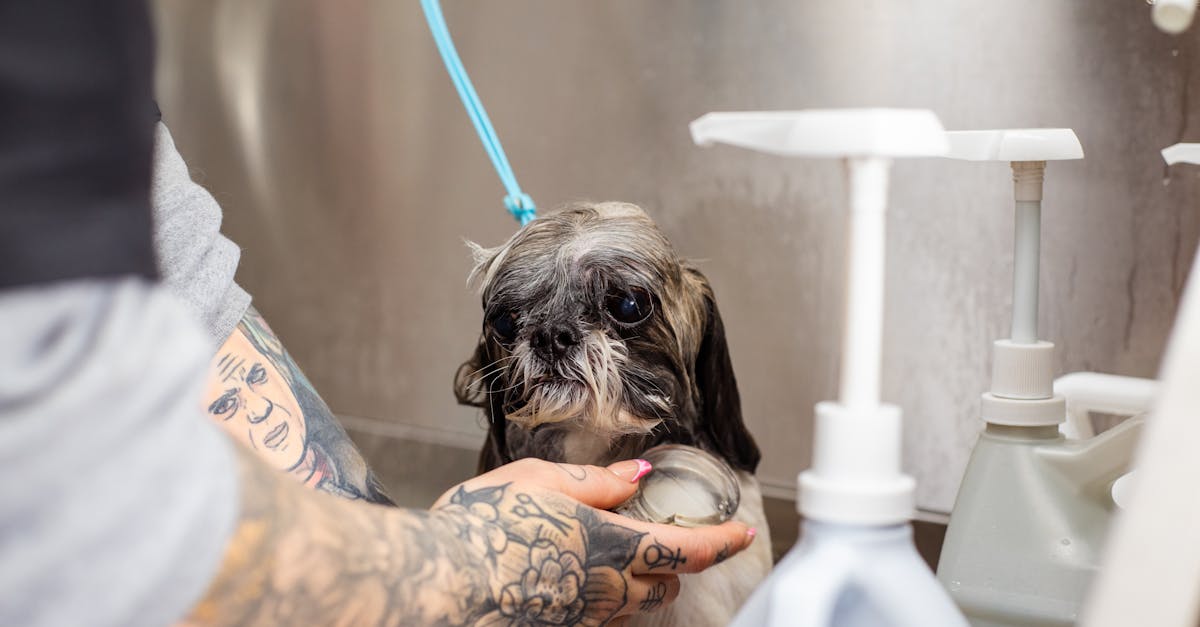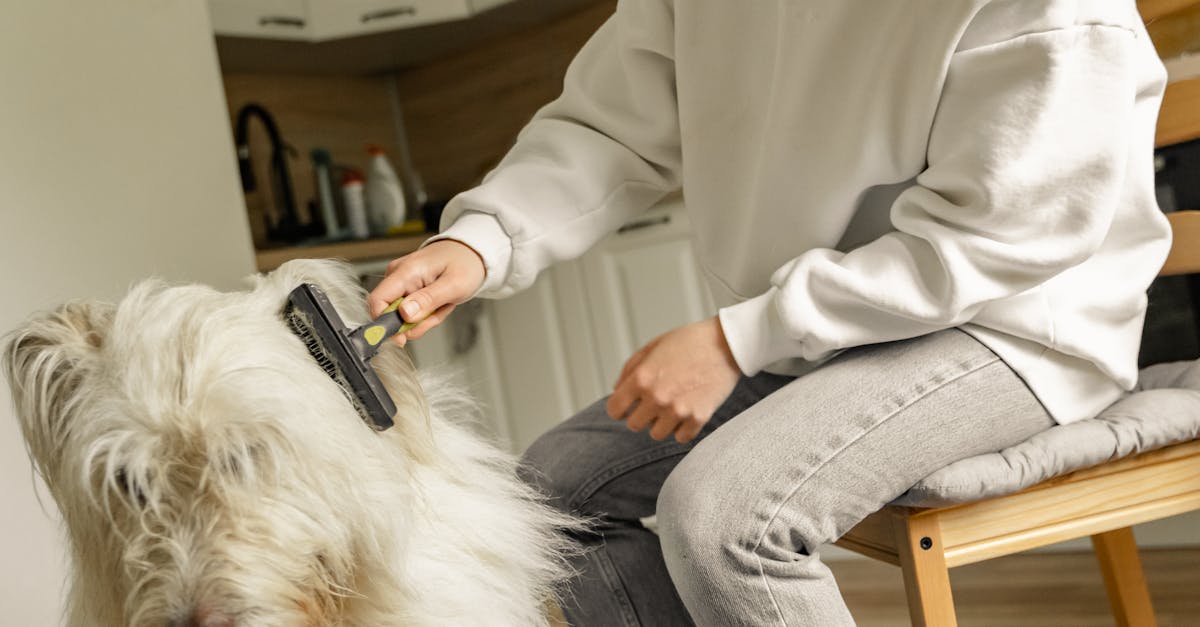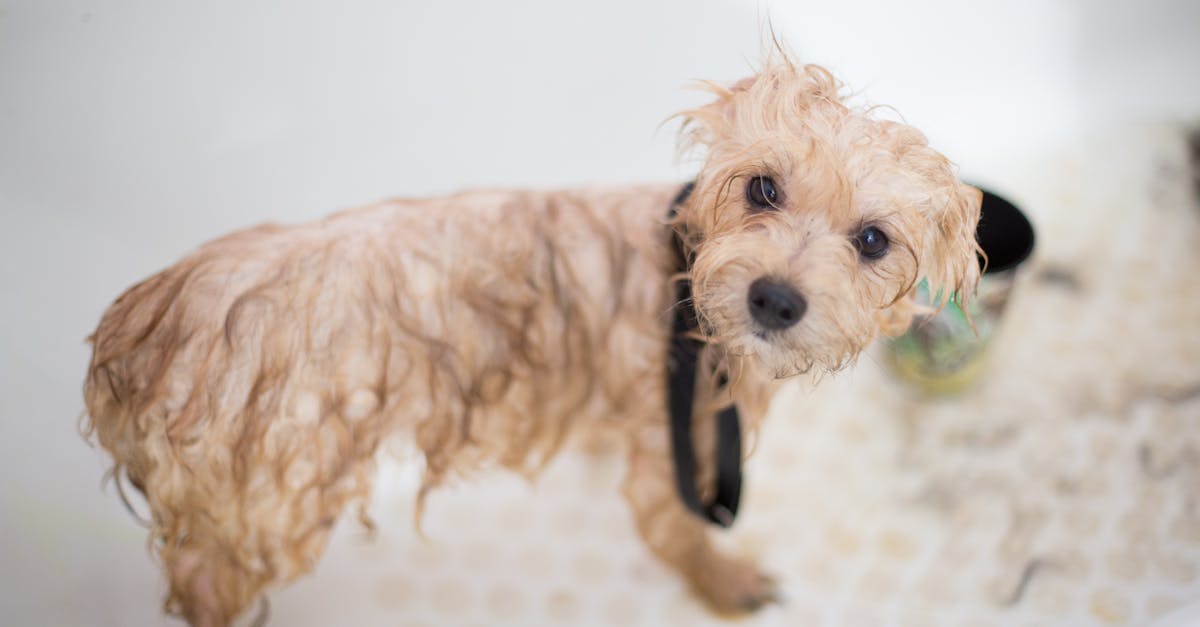The Unexpected Journey into Dog Grooming
I’ve been meaning to share this story for a while now. Imagine if you suddenly found yourself in a completely different profession, one you never thought you’d explore. That’s exactly what happened to me when I decided to become a dog groomer. Here’s a funny thing: I never really considered the intricacies of dog grooming until I was knee-deep in fur and shampoo. As someone who loves dogs but never thought much about their grooming needs, it was an eye-opening experience.
The Initial Shock
It dawned on me that grooming isn’t just about making dogs look pretty. It’s a meticulous and technical job that requires patience, skill, and a deep understanding of canine behaviour. Looking back, I realise how naive I was to think it would be a walk in the park.
The reality is, dog grooming is a profession that demands respect. It’s common knowledge that a well-groomed dog is a happy dog, but the effort that goes into achieving that happiness is often underestimated.
The Training
Before I could start, I needed to undergo rigorous training. The training sessions were intense, covering everything from the anatomy of different dog breeds to the proper use of grooming tools. Studies show that improper grooming can lead to serious health issues for dogs, so the stakes were high.
One thing I’ve learned is that every dog is unique, and their grooming needs vary significantly. For instance, a Poodle requires a different grooming approach compared to a Labrador. The training also involved learning how to handle dogs that were anxious or aggressive. It hit me that this job was as much about psychology as it was about grooming.
The Reality of Dog Grooming: More Than Just a Haircut
The Tools of the Trade
Let’s dive into the technical aspects of dog grooming. The tools used are specialised and varied, each serving a specific purpose. Here’s a quick story: I once used the wrong brush on a dog, and it ended up causing irritation. That’s when I realised the importance of using the right tools.
- Clippers: Used for trimming the fur, clippers come with different blade sizes to suit various coat types.
- Scissors: Essential for precision work, especially around sensitive areas like the face and paws.
- Brushes and Combs: Different brushes for different coats—slicker brushes for removing mats and tangles, bristle brushes for smooth coats, and so on.
- Shampoos and Conditioners: Specially formulated to suit different skin types and coat conditions.
The Grooming Process
The grooming process is a multi-step procedure that requires meticulous attention to detail. Here’s a thought: Imagine if you had to sit through a spa session that involved a stranger handling you in ways you’re not used to. That’s what dogs go through during grooming.
- Pre-Grooming Assessment: This involves checking the dog for any skin issues, mats, or injuries.
- Brushing: Essential for removing tangles and mats before the bath.
- Bathing: Using the appropriate shampoo and conditioner, followed by thorough rinsing.
- Drying: Using high-velocity dryers to remove excess water and fluff up the coat.
- Clipping and Trimming: Shaping the coat according to the breed standard or owner’s preference.
- Final Touches: Cleaning the ears, trimming the nails, and sometimes even brushing the teeth.
The Scandal: Hidden Truths in the Dog Grooming Industry
Unethical Practices
Interestingly enough, my debut as a dog groomer exposed me to some scandalous truths about the industry. You’d be surprised to know that not all groomers adhere to ethical practices. From what I’ve seen, some groomers cut corners to save time, which can be detrimental to the dog’s well-being.
For instance, some groomers use sedatives to calm anxious dogs without the owner’s consent. This is not only unethical but also dangerous. I’ve always thought that transparency is crucial in any profession, and dog grooming is no exception. If you ask me, the industry needs stricter regulations to ensure the safety and well-being of our furry friends.
The Emotional Toll
Another aspect that often goes unnoticed is the emotional toll grooming can take on both the groomer and the dog. I can’t forget the first time I had to groom a severely matted dog. The poor thing was in so much pain, and it was heartbreaking to see. It’s funny how we often overlook the emotional aspects of such jobs.
I’ve often thought about the emotional resilience required to be a good groomer. It’s not just about technical skills; it’s about being compassionate and patient. Looking back, I realise that this job has taught me a lot about empathy and understanding.
The Benefits of Proper Grooming
Physical Health
Proper grooming is not just about aesthetics; it’s crucial for a dog’s physical health. Regular grooming helps in:
- Preventing Skin Issues: Regular brushing and bathing help in keeping the skin healthy and free from infections.
- Early Detection of Health Problems: Groomers often spot issues like lumps, bumps, and skin infections before they become serious.
- Maintaining a Healthy Coat: Regular grooming keeps the coat shiny and free from mats and tangles.
Mental Well-being
Ever wonder why dogs seem happier after a grooming session? The grooming process can be a bonding experience, reducing stress and anxiety. It’s safe to say that a well-groomed dog is a happy dog.
The Path Forward: What Needs to Change
Education and Training
One thing I’ve learned is that proper education and training are crucial for anyone aspiring to be a dog groomer. The industry needs more accredited training programs that focus on both the technical and emotional aspects of grooming.
Stricter Regulations
As I see it, stricter regulations are needed to ensure ethical practices in the industry. This includes regular inspections and certifications to ensure that groomers adhere to the highest standards of care.
Owner Awareness
It’s also important for dog owners to be aware of what goes into grooming. I can’t help but think that if more owners were educated about the grooming process, they would make more informed decisions about who they trust with their pets.
My Personal Takeaway: The Lessons Learned
Empathy and Patience
Looking back, my debut as a dog groomer taught me invaluable lessons about empathy and patience. It’s funny how a job you never thought you’d do can end up teaching you so much about life.
The Importance of Ethical Practices
I guess you could say that my experience has made me an advocate for ethical practices in the grooming industry. Now you know that not all groomers are created equal, and it’s crucial to do your research before entrusting someone with your beloved pet.
The Joy of a Well-Groomed Dog
Finally, the joy of seeing a well-groomed, happy dog is unparalleled. It’s a rewarding experience that makes all the hard work worth it. If you ask me, there’s nothing quite like the bond between a groomer and a dog.
Taking the Next Step: What You Can Do
Research and Choose Wisely
When choosing a groomer, do your research. Look for reviews, ask for recommendations, and don’t hesitate to ask the groomer about their practices and experience.
Regular Grooming
Make grooming a regular part of your dog’s routine. It’s not just about keeping them looking good; it’s about their overall health and well-being.
Stay Informed
Stay informed about the latest practices and products in dog grooming. It’s a constantly evolving field, and staying updated can help you make better decisions for your pet.
A Final Word
What’s fascinating is how a seemingly simple job can open your eyes to so many important issues. My debut as a dog groomer was an unexpected journey, but it’s one that I wouldn’t trade for anything. It’s safe to say that the experience has made me a better person and a more informed pet owner.
So, the next time you take your dog to the groomer, remember the effort and care that goes into making your furry friend look and feel their best. And if you’re considering a career in dog grooming, know that it’s a challenging but incredibly rewarding path.




